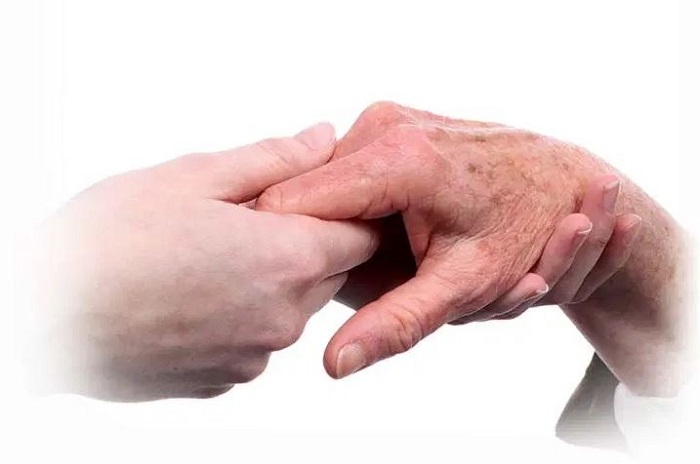The caregivers education provided by Arkansas State University includes a major focus on how to administer care for people with dementia, Alzheimer’s and other types of mental health conditions. This is one of the fastest growing segments of the health care industry, as the baby-boomer generation ages. The number of caregivers certified by the National Association of Home Care Providers (NACHP) has been steadily increasing along with the number of jobs in the industry.

A major part of the caregiving process involves the family caregiver’s assessment of his or her loved one’s needs. This assessment can take place in person, over the phone or online. Many people underestimate the value of the early assessment process of their family caregiver. Often, it can make or break the care of an elderly family member. Assessments help the caregiver and family caregivers develop an early diagnosis of the illness, care needs and behaviors. These “red flags” will be used by the medical professional to determine the patient’s need for in-home care.
Caregiver’s education is not limited to the physical environment of a person’s home. It also includes the social environment of the care recipient’s home. This is a vital aspect of care giving. Social interaction is essential to keeping the caregiver’s patient happy and his or her relatives nearby. In-home care is usually offered by an in-home aide who has already undergone training regarding care giving and who is supervised by another trained caregiver or in home nurse.
One of the most difficult aspects of care giving is having to interact with the patient’s family. This requires ongoing interactions with that patient and his or her family. A person who becomes a caregiver due to the death of a loved one has to develop a good relationship with the family.
In some cases, the family does not want to or is not able to provide the needed emotional support. This can create a difficult situation for the caregiver and can be stressful for the patient. The caregiver should always put his or her best interest first. A caring and compassionate caregiver should always be a great help to the patient and his or her family.
Caring for someone else’s sick or injured body or mind is not an easy job. It takes years of experience and education to become a caregiver. Anyone who wants to become a caregiver must first complete a CNA certification course. After that he or she should then go through state-approved CNA training classes, which will cover the basic medical duties of a caregiver as well as any specialty training for specific medical conditions that would be needed in that particular state.
There are several ways to start a home care business in Arkansas, and you should explore all of your options. Starting your own home care business is a great way to have control over your own schedule, and provide personalized services to your clients. No Home Care Training is Not Needing to Get a Home Care License For Arkansas As long as you’ve taken a basic course in health care, basic business administration, or even an online business management class, you’re good to go! However, there are several health care professionals who do just start their own home care business from home, but simply having a general medical background isn’t a requirement to get a home care business license and launching a lucrative career in home care.
